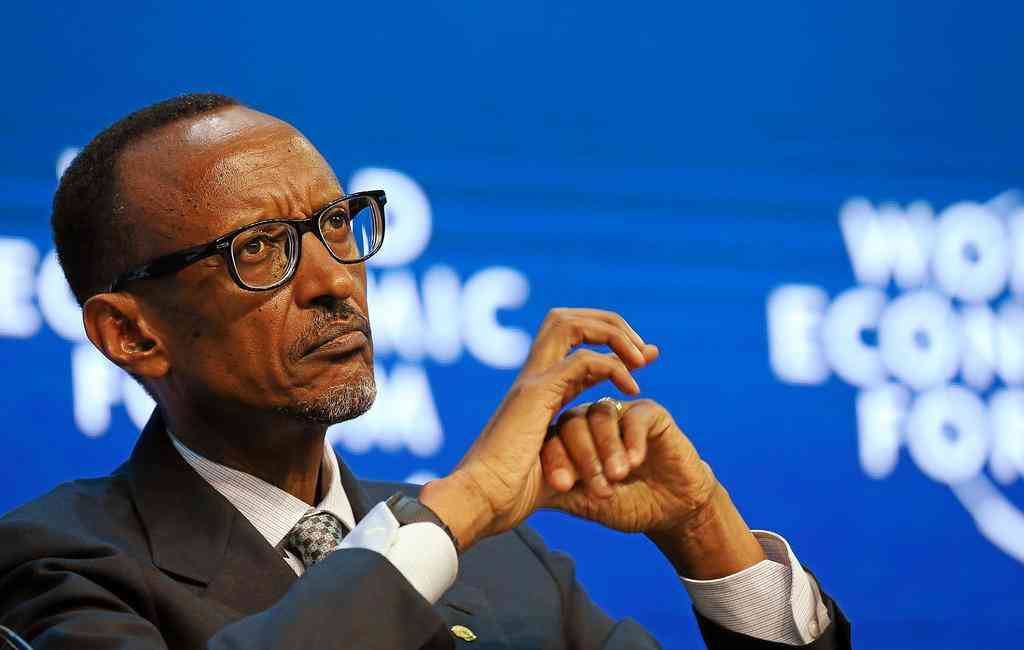
THE story of Rwanda evokes some sense of ambivalence and yet is inspiring. It was more than two decades ago that that country was plunged into darkness that shook the world when a genocide occurred between April 7 and July 15 1994 in the Rwandan civil war.
During this period of around 100 days, members of the Tutsi minority ethnic group, as well as some moderate Hutus and Twas, were killed by armed Hutu militias. Although the Constitution of Rwanda states that more than one million people perished in the genocide, the actual number of fatalities is unclear.
In some nations, such a massive wound would forever shatter societies and impede efforts to heal, bring people together and develop the country. However, in Rwanda, the narrative has been different, showing how the energy from difficult life experiences can be directed towards constructive goals.
The road has not been easy for Rwandan President Paul Kagame as there have been setbacks and criticism regarding his leadership style; however, the result has not been questioned as Rwanda has emerged as one of the most inspiring stories. Indeed, by Rwandan standards, a leader should not waste time finding excuses to justify lack of development and ability to harness people’s energy towards national development goals.
It was in 2000 that Kagame took over a country massively divided by the shocking episode of genocide. It was in that same year that he established vision 2020, a long-term development strategy, aimed at transforming the economic fortunes of the country by 2020.
Most people, particularly those in the West, had doubts about him because he came into an emotionally charged and divided nation that trailed behind most development indicators. Furthermore, it appeared that the Rwandese had no reason to remain composed after witnessing such cruelty from the genocide episode. Kagame had to work with what he had such as uneducated guerrilla fighters, a largely illiterate population, a badly performing economy and limited donor funding.
He persisted in pushing his people’s energies towards the development agenda and co-operating with those who were prepared to comply with his demands. The benefits of managing one of the world’s fastest-growing economies are evident in the improved access to basic services, even though 40% of the population still lives below the poverty line.
Perhaps it is worthwhile to look into additional factors that have helped him and Rwanda to get to where they are now, in addition to the strategies, policies and vision.
- We were sad to see ED in Rwanda: Ndiweni
- MUCKRAKER: The grapes are sour anyway
- Govt curbs human trafficking
- Rwanda MPs oppose contraceptives for 15 year olds
Keep Reading
First of all, it is not easy being a politician, either in Africa or anywhere else. To become a politician, one needs sponsors to raise the necessary funds to campaign. If a party has been formed, this calls for dependable office administration in addition to funding the organisation. Donations from outside the country may not always be legally accepted in some countries, which makes it even more difficult for new candidates to enter politics.
Political donations are frequently made on a transactional basis. They are given with the understanding that whoever wins the election will have to make some sort of repayment in deals or change of policies. Donations can occasionally be used to sway a politician’s policies, and by the time the race is ran and won, several interest groups will have captured the candidate. If you run away from these and break your campaign vows, that’s when the opposition starts. This is why some people say African leadership is like riding a hungry lion. You either ride it until it dies, or risk falling and being eaten.
These are a few of the difficulties faced by African leaders, but their effectiveness is evaluated based more on their performance and results than on the significant obstacles preventing them from fulfilling their commitments. This is where Kagame sets himself apart from the others: he does not owe his position of leadership to any particular group or set of interests. He is not captured.
We can choose to say that is one of the benefits of what looks like authoritarian leadership. He does not need to impress his ministers or Members of Parliament as part of his investment for the next election, nor does he need to impress Western donors for their donations nor external businesspeople for their contribution to his next campaign. His ability to secure and maintain power does not derive from any of these. It is authoritarian done right and the results are there for everyone to see.
For these reasons, he can implement his ideas as he sees fit and at the appropriate value of the money provided by the government without leakages to his kinsmen as part of political investment. The cost of doing basic business in Africa tends to be high because of too many interests to please. Corruption is often seen as an act of greed by politicians and yet it is how those in power pay back their kingmakers. They must find ways of doing so lest they lose the next election and be subjected to criminal charges.
- Tapiwa Gomo is a development consultant based in Pretoria, South Africa. He writes here in his personal capacity.






